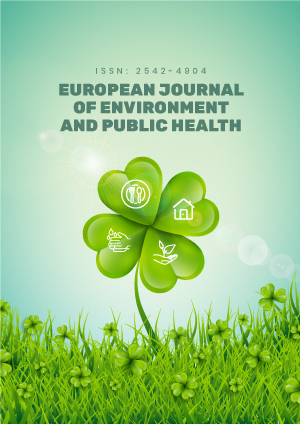Abstract
Objective: To perform a systematic compilation and meta-analysis of research on the knowledge, attitudes, and opinions of health professionals and students on traditional and complementary medicine (TCM) practices in Turkey.
Methods: This study is a systematic review and meta-analysis study. The literature review on the subject of the research was carried out between February 25 and March 8, 2022. A search was made on Google Scholar in Turkish and English with appropriate keywords for 2000 and later.
Results: A total of 43 studies were identified that met the acceptance criteria. The first three lines of TCM implementations used are, as follows: (i) massage, (ii) herbal therapy, and (iii) acupuncture. The first three lines for the most well-known TCM implementations are, as follows: (i) acupuncture, (ii) herbal therapy, and (iii) massage. The prevalence of the opinion as “TCM should be included in the curriculum of medical and health schools” ranged from 36.7% to 90.4%. The prevalence of the opinion of “It should be applied by evaluating their effectiveness with controlled studies” was between 34.4% and 95.7%. The prevalence of meta-analysis for training on TCM was found to be 21% (95% CI: 14%-29%). The meta-analysis prevalence of participants using any TCM implementation was 45% (95% CI: 37%-54%). The meta-analysis prevalence of knowing TCM implementations was found to be 66% (95% CI: 56%-75%).
Conclusion: There is increasing interest in TCM and concerns remain due to the lack of evidence-based studies. The frequency of negative thinking in physicians is higher than that of other healthcare personnel. However, in general, positive opinions about TCM were found to be dominant over negative opinions. The demand for TCM training and including TCM in school curricula is striking.
License
This is an open access article distributed under the Creative Commons Attribution License which permits unrestricted use, distribution, and reproduction in any medium, provided the original work is properly cited.
Article Type: Review Article
EUR J ENV PUBLIC HLT, Volume 6, Issue 2, 2022, Article No: em0115
https://doi.org/10.21601/ejeph/12186
Publication date: 29 Jun 2022
Article Views: 4921
Article Downloads: 4219
Open Access References How to cite this article
 Full Text (PDF)
Full Text (PDF)